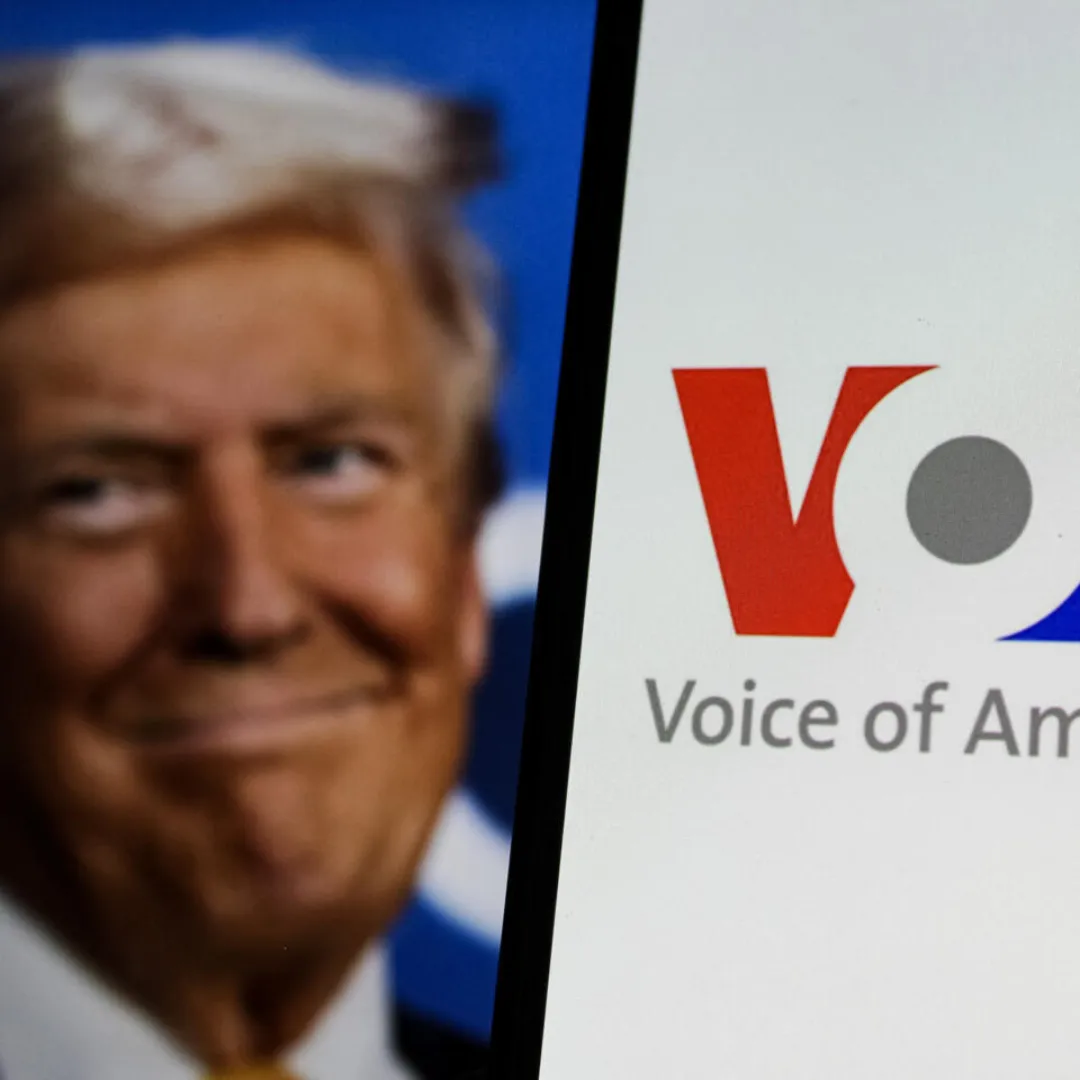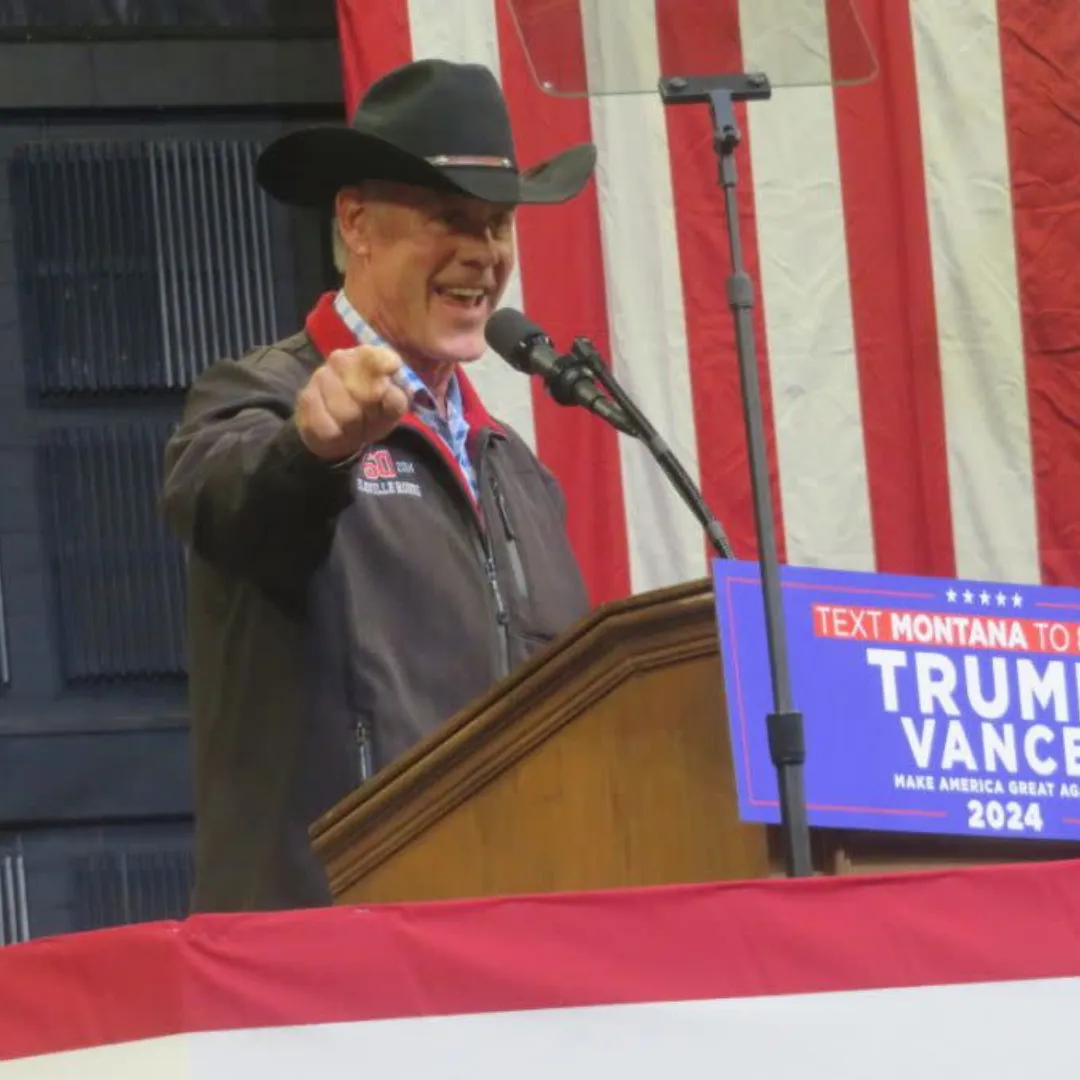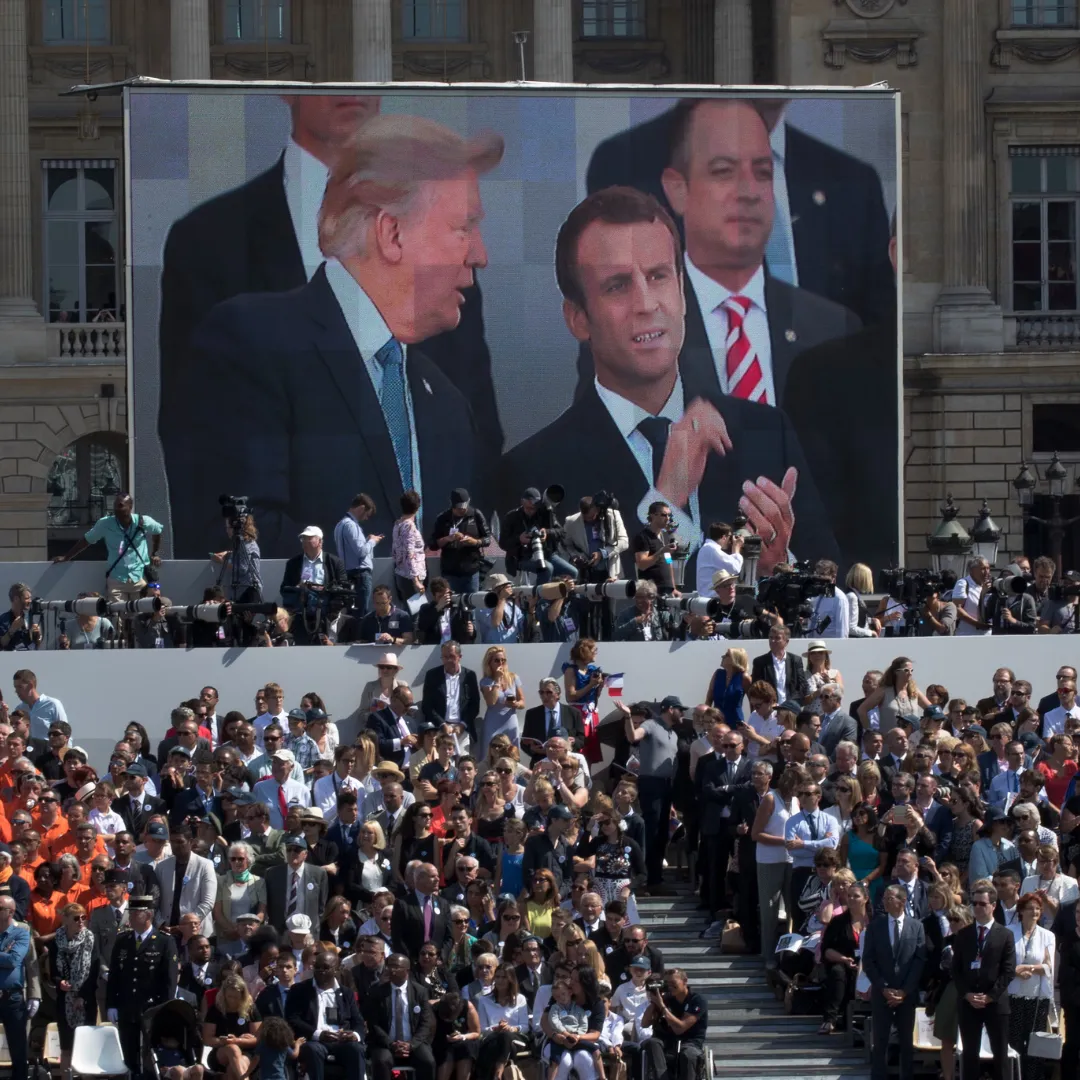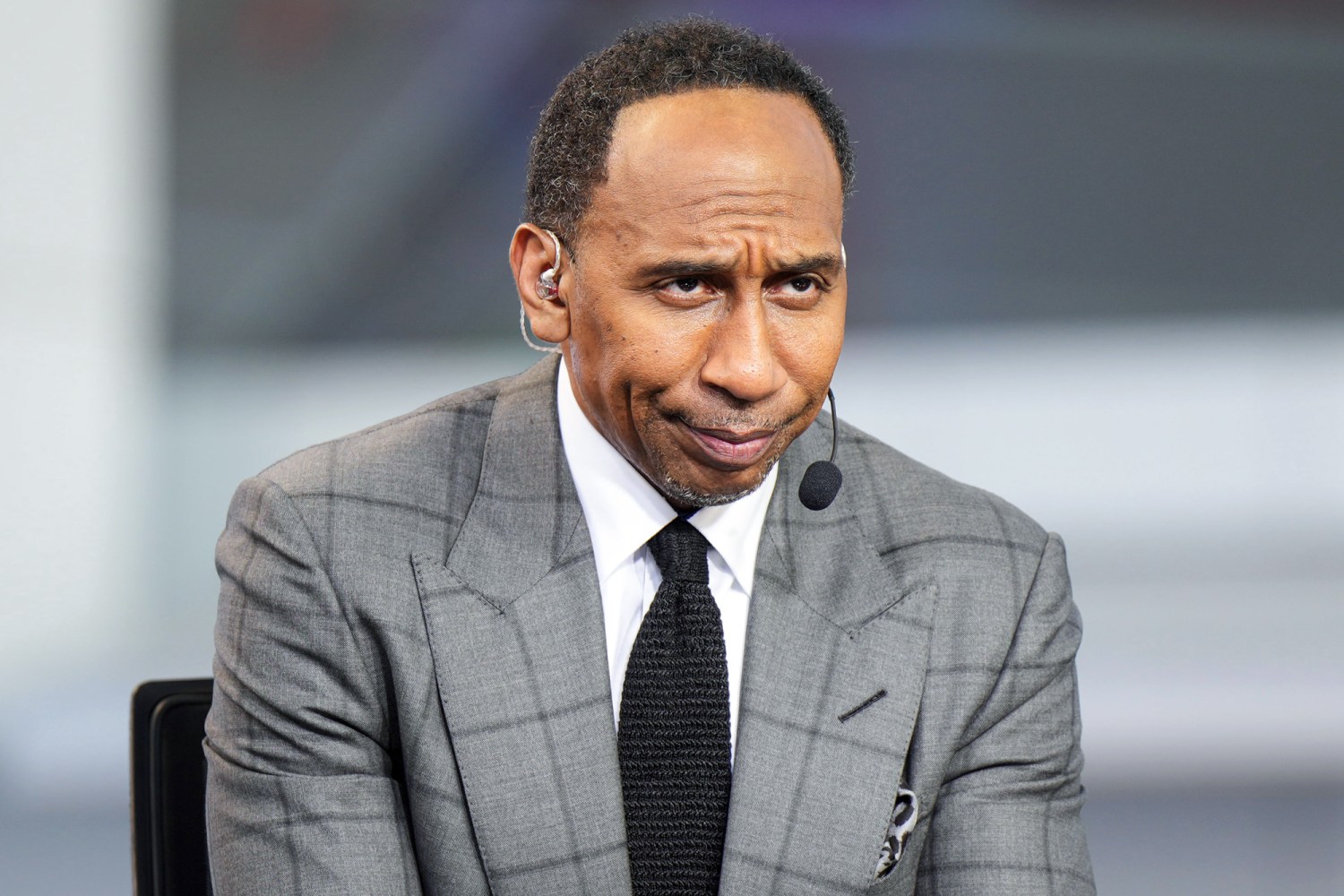
Outspoken commentator and cultural critic Stephen A. Smith has issued a scathing critique of the Democratic Party’s relationship with Black voters, accusing its leaders of complacency, neglect, and a failure to communicate real progress.
Speaking during a Monday night appearance on NewsNation’s “Cuomo,” Smith argued that Democrats have forgotten about Black Americans, leading to a modest but noticeable increase in support for former President Donald Trump among Black voters in the 2024 election.
According to Smith, the Democratic Party has failed to adapt its message or make a compelling case for what it has actually accomplished, relying instead on outdated rhetoric and fear-based appeals.
Smith, who has recently suggested he may be open to a future presidential run, did not mince words as he criticized Democrats for what he views as a patronizing and stagnant approach to Black political engagement.
“They may be doing things on the state and local level, and may deserve an abundance of credit for it,” Smith said, “but that’s not the message that we were receiving.”
He went on to explain that the failure lies in the party’s assumption that the Black vote is already secured. “They didn’t think they could sell it to us. They didn’t think that that would be good enough.”
Instead of highlighting tangible policy wins or transformative efforts, Smith argued that Democrats have diverted their attention to other social causes, at the expense of addressing core Black American issues.
“With this latest stuff—woke culture, cancel culture, transgender issues, and all of this other stuff—you got to remember along the way, you forgot about us,” he said.

Smith believes the Democratic Party assumes the loyalty of Black voters is permanent because it has existed since the Civil Rights Era. “Why? Because you know you have our vote, because that’s been the case since the mid-60s,” he said, referring to a historical shift in Black voting patterns after the passage of civil rights legislation in the 1960s.
But Smith says that long-standing loyalty is being strained. In his view, Democrats have become more reliant on accusing Republicans of racism to retain Black voter support than on articulating a clear, affirmative vision.
“We’re going to point to racism, we’re going to guilt you into voting for us,” he said of the party’s strategy. “We’re not going to talk about the things that we’re doing positively. We’re going to talk about what the other side is doing negatively, to engage in fearmongering, to help you through fear factor go our way instead of theirs.”
His criticism echoes growing discontent among Black political activists, community leaders, and voters who have expressed frustration over how the Democratic Party engages with their communities.
While Black voters remain one of the most loyal and consistent voting blocs for Democrats, they have often felt marginalized or overlooked until election season.
Many argue that the party takes the Black vote for granted, only ramping up outreach efforts when a tight race demands their turnout. That resentment has only deepened when losses are followed by narratives blaming low Black voter turnout, despite the fact that no demographic has voted more consistently for Democrats over the past several decades.
Smith’s remarks come at a time when Donald Trump has been trying to make inroads with nonwhite voters. Although the former president remains deeply unpopular among most Black Americans, small gains in his support within the community in 2020 and again in 2024 have raised eyebrows.

Smith believes those gains are no accident. “When he was campaigning in 2015-2016, he basically looked at Black America and said, ‘What do you have to lose?’” Smith recalled.
“He was basically pointing to the Democratic Party and how for so long, so many promises have been made, but ultimately, what you’re doing is trying to encourage us to lean on a party and lean on government.”
Smith added that this message of skepticism toward government resonated with many Black Americans, who have historically faced institutional neglect and mistreatment from public systems.
“We don’t like to trust the system,” he said. “Because the system has hurt us as a community.” That mistrust, according to Smith, is at the heart of why Trump’s anti-establishment message found some traction, despite his often polarizing rhetoric and policies.
The commentary is part of a broader national conversation about the shifting dynamics of race, political power, and representation. As more Black Americans express dissatisfaction with the status quo, the Democratic Party is increasingly being forced to confront the limits of its traditional approach.
For decades, the party has been perceived as the political home for Black voters, particularly in urban centers and progressive circles. But that relationship is showing signs of fatigue, and voices like Smith’s are amplifying a demand for accountability.
Smith’s potential interest in running for public office adds an extra layer of weight to his words. Though he has made no formal announcements, his recent statement that he’s “leaving all doors open” for a presidential run suggests he is seriously contemplating stepping into the political arena.
If he does, he would likely position himself as an independent outsider—someone who is unafraid to criticize both political parties and speak directly to disillusioned voters.
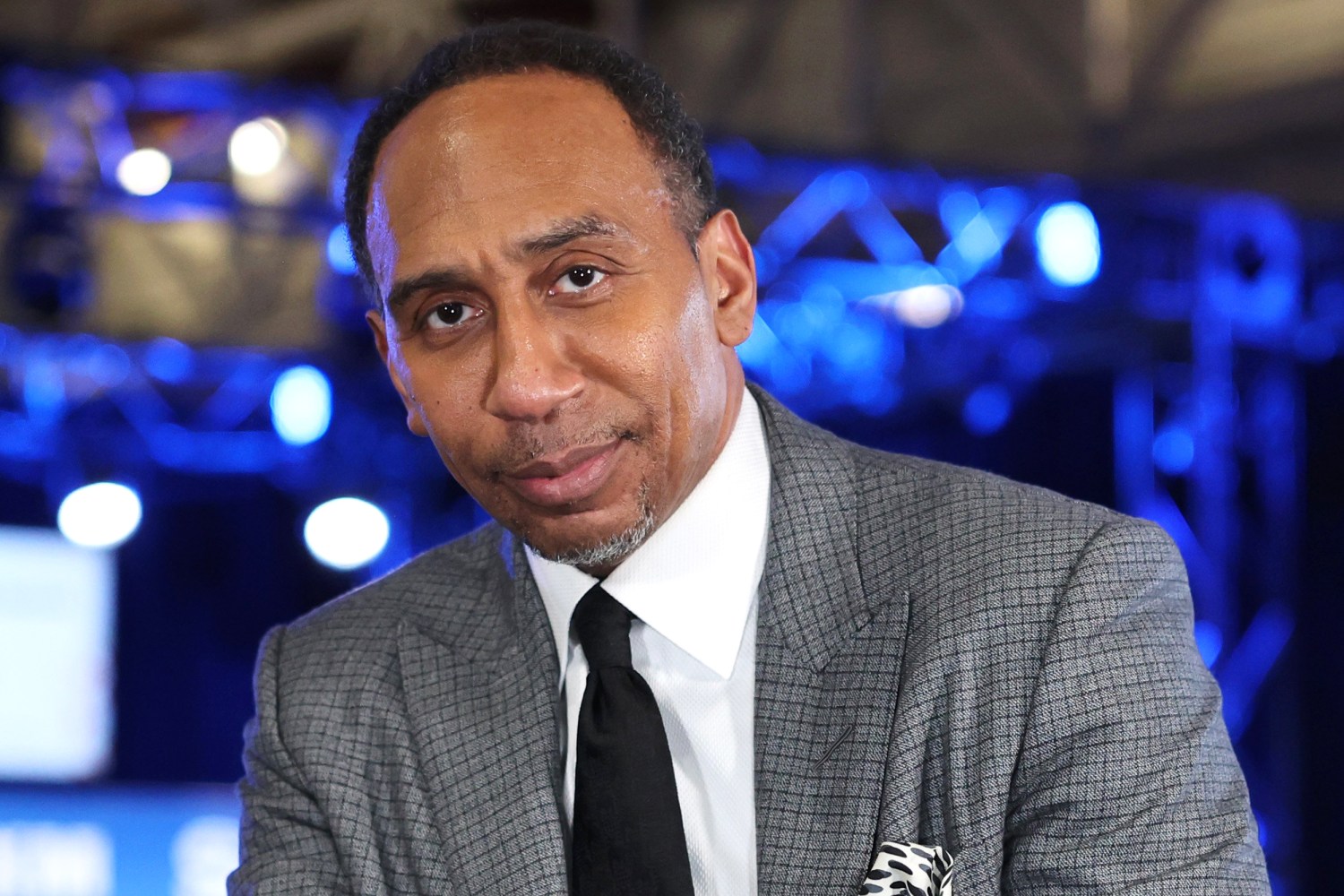
His celebrity status, media platform, and plainspoken style could make him a powerful force, especially among younger and nontraditional voters who feel alienated from the current system.
Whether or not Smith ultimately decides to run, his remarks this week serve as a powerful indictment of the political establishment’s treatment of Black voters.
For Democrats, it is a wake-up call that loyalty cannot be assumed forever. It must be earned, not only through policy but through communication, respect, and a genuine commitment to meeting the needs of Black communities.
And for Republicans, the controversy highlights a rare opportunity to challenge the Democratic stronghold on the Black vote—provided they are willing to engage sincerely, rather than exploit dissatisfaction for short-term gain.
As America moves toward yet another election cycle, voices like Stephen A. Smith’s are forcing both parties to reconsider their strategies and confront the realities of a political landscape that is more diverse, more skeptical, and more demanding than ever before.
Whether politicians are prepared to respond—or whether they continue to recycle the same talking points—may well determine the trajectory of Black political engagement for years to come.
